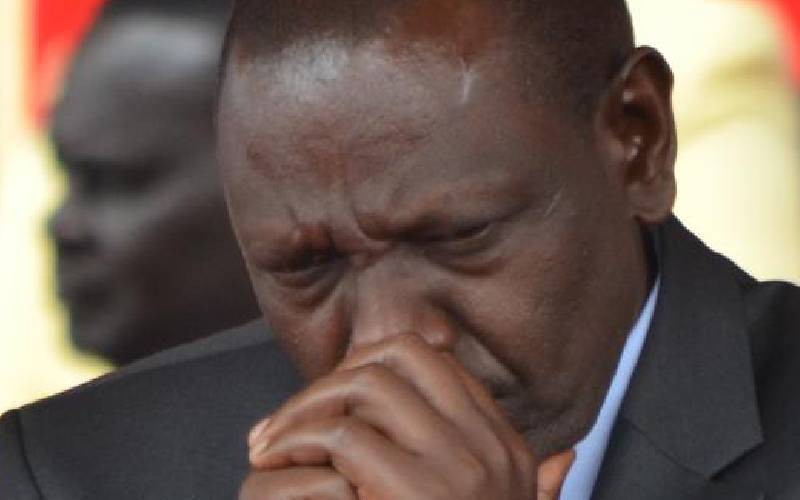×
The Standard e-Paper
Smart Minds Choose Us

Kenya Kwanza regime has a plateful of worries to set aside before it could be confident that public rage against it will not return.
The president should move swiftly to address grievances behind the current unrest since the military might not suppress any uprising.